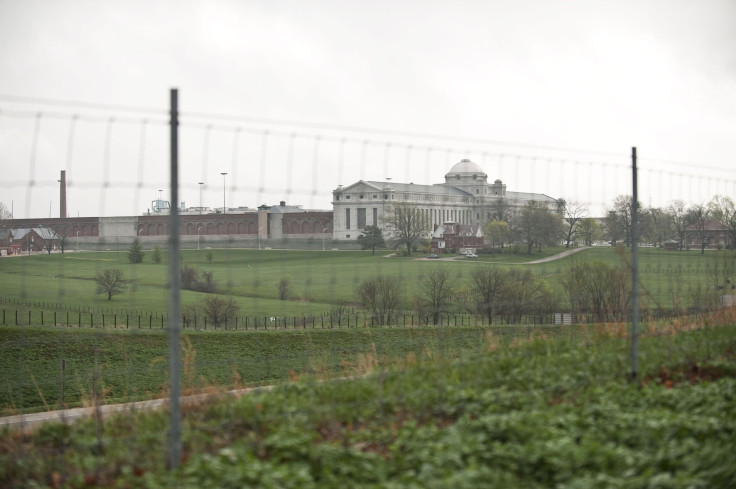Prisoner Allegedly Not Allowed To Vote In Election, Sues State

A woman filed a lawsuit with the District Court in Kansas alleging she was not allowed to vote during the 2016 election while being detained at the federal Leavenworth Detention Center, Kansas, at the time.
Exercising her constitutional right to vote, Brenda Wood contacted the center’s staff to obtain an absentee ballot in advance to cast her vote. However, she claimed the staff told her they “don’t do that here.” In addition, the lawsuit said the handbook provided to all new detainees had no information regarding how prisoners were supposed to vote, Kansas City reported.
“Indeed, the only reference to ‘voting’ provided to detainees at CCA-Leavenworth is an instruction in the inmate handbook on how to vote for television programs to watch on facility TVs,” the lawsuit said.
The suit, which also sought to include others in the same situation, said Wood wasn’t an exceptional case when it came to detainees not getting to exercise their constitutional right.
“Detainees at CCA-Leavenworth would routinely ask for access to vote or for help obtaining an advance ballot, and such requests were routinely denied. Indeed, defendants’ voter suppression was a common grievance discussed in the population of detainees,” the lawsuit added.
Convicted felons in Kansas were not allowed to vote but Wood did not fall in that category as she was being detained at the facility, which was run by CoreCivic — formerly known as the Corrections Corporation of America — and was merely awaiting her trial.
The lawsuit cited a 1972 Supreme Court opinion, which upheld the rights of imprisoned eligible voters at the time of an election.
“In decision after decision, this court has made clear that a citizen has a constitutionally protected right to participate in elections on an equal basis with other citizens in the jurisdiction,” the suit contended.
Majority of the hundreds of prisoners held at the center were not convicted felons and were merely defendants facing trial on federal criminal charges. As such, apart from Wood, the suit pertained to an array of U.S. citizens who were aged 18 years or above and were not serving sentences for felonies committed and were either registered voters barred from registering for voting or did not get the chance to cast their vote in the 2016 election.
Through the lawsuit, Wood sought monetary damages as a result of the alleged constitutional violations.
Leavenworth County Election Office, on the other hand, said it had never received a request for an absentee ballot from any detainee in the facility before.
A similar lawsuit was filed last year by inmates at a county jail in Indiana alleging they too were not allowed to vote in the 2016 election. Since the class action represented several hundred inmates at the jail, in May, a federal judge presiding over that case allowed the lawsuit to go forward.
© Copyright IBTimes 2025. All rights reserved.






















